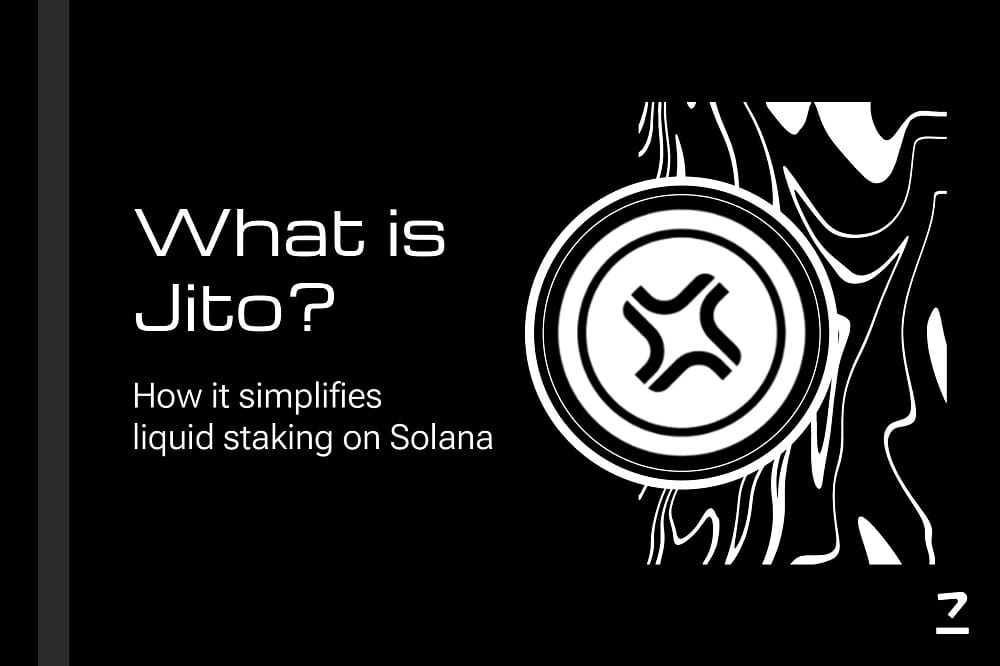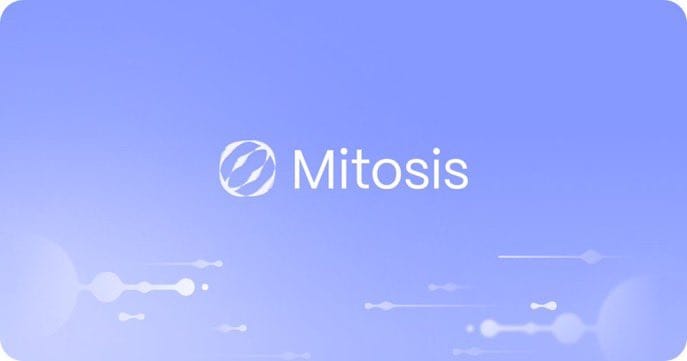Jito: Unlocking MEV Rewards Through Liquid Staking on Solana

Introduction
Staking has become the backbone of blockchain security, but most users leave additional rewards on the table. What if your stake could earn more not just from inflation or fees, but from MEV (Maximal Extractable Value) itself?
On Solana, Jito has made that possible, redefining what it means to stake.
Context
In Proof of Stake (PoS) systems, validators secure the network by proposing and verifying blocks, while users delegate their tokens to earn rewards. On Solana, this mechanism supports fast, low-cost transactions but it traditionally lacked an efficient way to capture MEV, the additional value that can be extracted from block production through transaction ordering.
MEV extraction, though often controversial, can be harnessed in a fair and transparent manner. Ethereum has developed robust solutions like PBS (Proposer-Builder Separation), but Solana’s high throughput design requires a different approach.
That’s where Jito comes in: a protocol that democratizes MEV rewards while maintaining network performance.
Problem
Prior to Jito, MEV on Solana was largely uncaptured or poorly distributed. Validators had no native way to monetize it, and stakers missed out on potential earnings. The lack of an efficient MEV market also posed risks:
- Validator Centralization: Without MEV revenue, only the largest validators could remain sustainable.
- Value Leakage: Arbitrage and liquidation opportunities were exploited by private actors without contributing back to the network.
- Lack of Transparency: MEV extraction was opaque, enabling harmful practices like sandwich attacks.
This created an ecosystem where valuable blockspace was underutilized, and stakers earned less than they could.
Solution
Jito introduces a new economic layer to Solana by enabling permissionless, transparent MEV extraction and distributing those rewards to both validators and delegators.
At its core, Jito consists of:
- Jito-Solana: A custom validator client that integrates MEV block auctions.
- Jito Block Engine: An off-chain component that facilitates competitive bidding by searchers.
- JitoSOL: A Liquid Staking Token (LST) that represents SOL staked via Jito and accrues MEV yields.
This system benefits the entire network by aligning incentives between stakers, validators, and MEV searchers.
Technical Deep Dive
Here’s how Jito’s architecture works:
Jito-Solana Validator Client
Validators install a drop in replacement for the default Solana client. This client allows them to participate in the block auction, a mechanism where searchers (typically bots or traders) bid for inclusion of transaction bundles in a block.
The validator selects the bundle with the highest bid, executes it, and earns MEV revenue.
Jito Block Engine
This off chain component manages the auction. It receives bundles and associated bids from searchers, ranks them, and sends the best one to the validator in real time. The process is fast and decentralized, matching Solana’s high speed requirements.
Reward Distribution
MEV rewards earned from the auction are split as follows:
- A portion goes to the validator.
- The remaining is distributed to delegators proportionally.
This ensures that even small stakers receive their fair share of MEV rewards.
JitoSOL: Liquid Staking with MEV
Users who stake SOL through Jito receive JitoSOL, an LST that:
- Accrues both staking and MEV rewards.
- Can be used in DeFi protocols on Solana.
- Is redeemable for underlying SOL.
This introduces capital efficiency, allowing users to earn yield while staying liquid.
Implications
Jito has far-reaching impacts on the Solana ecosystem:
- Improved Validator Economics: MEV rewards help smaller validators remain competitive, supporting decentralization.
- Staker Incentives: JitoSOL provides some of the highest yields in Solana staking.
- Transparency and Fairness: The open auction system reduces harmful MEV practices.
- Composability: JitoSOL integrates with Solana DeFi, improving liquidity for users and protocols alike.
Moreover, Jito serves as a blueprint for other ecosystems exploring MEV-aware staking solutions.
Conclusion
Jito has introduced a powerful new primitive to the Solana blockchain turning previously untapped MEV into a community-shared asset. By combining performance, transparency, and capital efficiency, Jito not only boosts staking yields but also strengthens the foundation of Solana’s decentralized infrastructure.
As other chains work to integrate MEV solutions, Jito is showing the way forward: one where everyone, from the smallest staker to the most sophisticated searcher, can benefit.
Quick Links
~ MEV in Ethereum: How it works and its impact
~ A comparison of liquid staking protocols across ecosystem
~The evolution of rollup decentralization and sequencer design


Comments ()